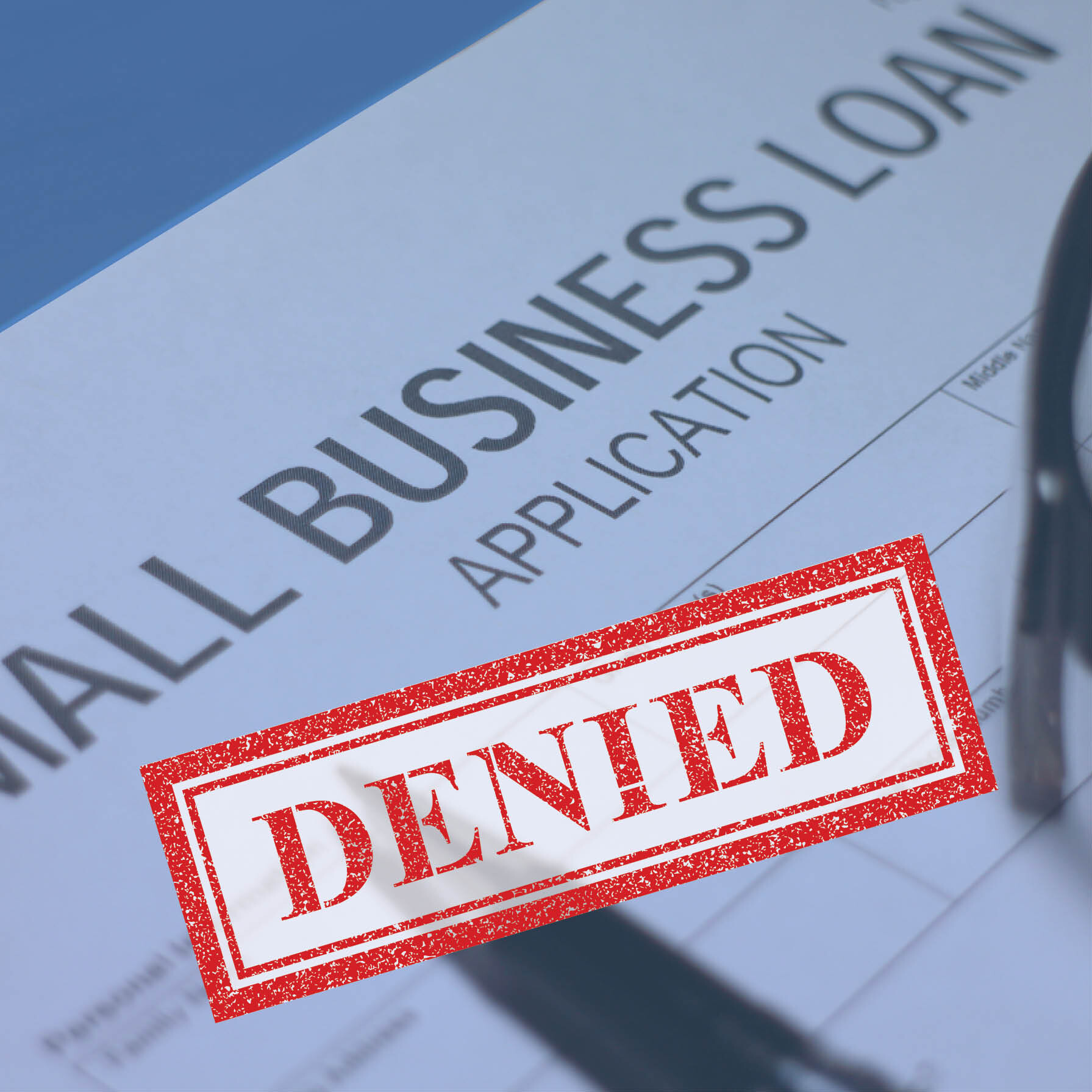The Importance of Size in the Insurance Agency Industry
In the dynamic world of insurance, the size of an agency can significantly impact its success and sustainability. At AgileCap, we have observed firsthand how scaling up can substantially benefit insurance agencies, enabling them to thrive in a competitive market.




